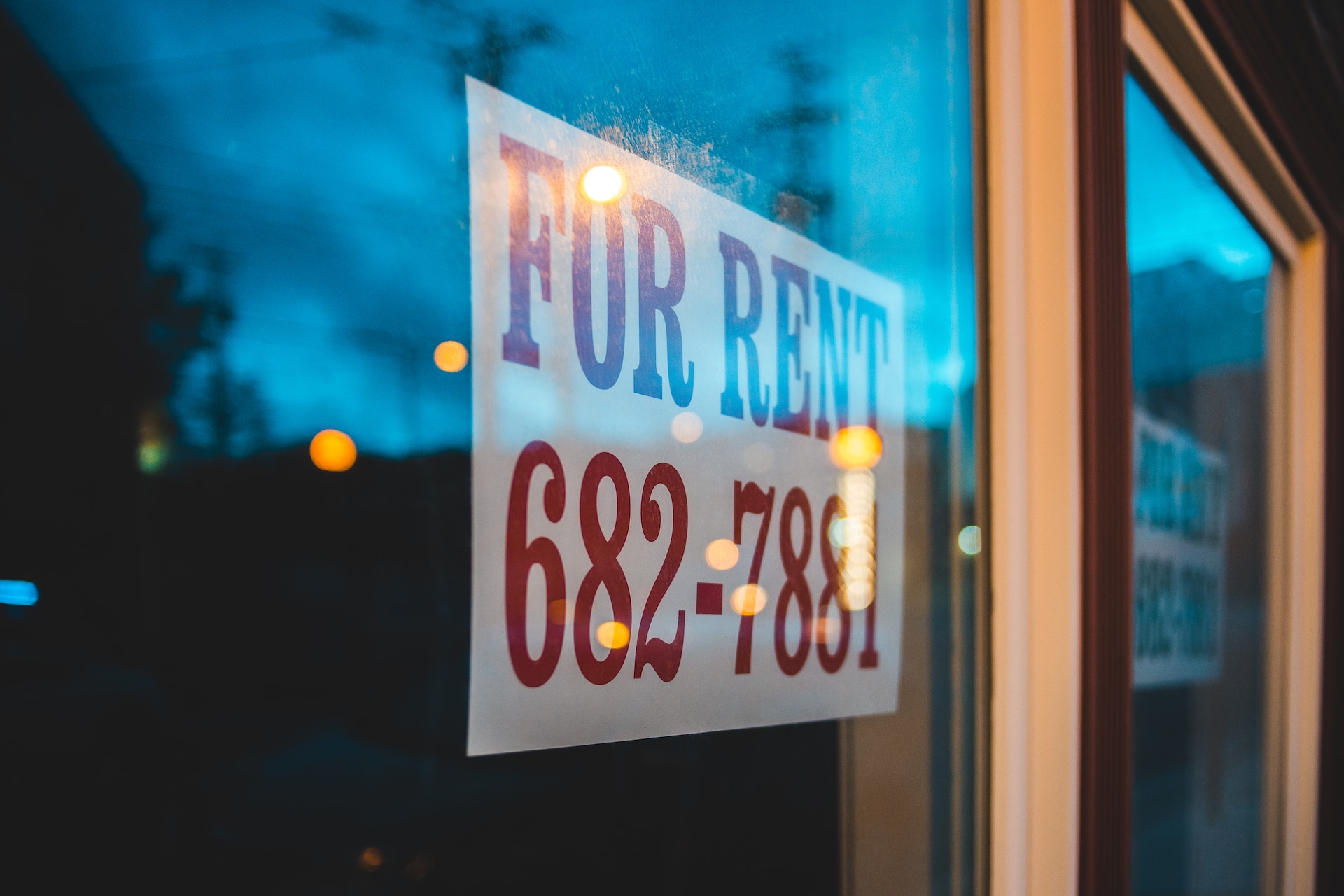Understanding Landlord and Tenant Law: A Comprehensive Guide
Whether you’re a landlord or a tenant, understanding the legal landscape that governs the landlord-tenant relationship is vital. Both landlords and tenants have specific rights and obligations, ranging from payment of rent to non-discrimination policies. Here’s an informative guide to help you navigate these laws and understand whether you might need legal assistance.
Landlord-Tenant Law Essentials:
- Tenant Rights: Tenants are entitled to the use of the property they rent, ensuring it remains habitable. This means the property must meet basic living and safety standards.
- Landlord Rights: Landlords possess the authority to determine lease terms, including setting rental amounts, defining pet policies, and specifying the number of occupants per unit.
Jurisdictional Influence:
The rules governing landlord-tenant relationships are dictated by both federal and state legislations. As such, it’s recommended to consult a local attorney to understand specific laws relevant to your area.
Tenant Rights in Detail:
- Anti-Discrimination: The federal Fair Housing Act, managed by the Department of Housing and Urban Development, prohibits rental or lending discrimination based on factors like race, color, religion, sex, familial status, and disability. Various states may have additional protections, such as against discrimination based on sexual orientation.
- Quiet Enjoyment: Whether or not it’s stated in the lease, tenants have the right to undisturbed use of their rented property. This encompasses the right to exclude others and ensures peace within the premises.
- Warranty of Habitability: Landlords must maintain their properties in a habitable state. If not, in many jurisdictions, this can affect a tenant’s obligation to pay rent.

Landlord Rights in Detail:
- Lease Setting: While landlords can set lease terms, they must abide by state and federal regulations. This includes not using discriminatory practices when choosing tenants.
- Evictions: Landlords have the right to evict tenants who breach lease terms. The eviction process often requires landlords to provide written notice within a stipulated time, which varies by jurisdiction. While some regions might allow landlords to carry out evictions themselves, it’s more typical for legal processes to be followed, culminating in law enforcement executing a judgment.
Understanding landlord and tenant law is essential for both parties to ensure they are acting within their rights and responsibilities. Both landlords and tenants are encouraged to be familiar with these regulations and seek legal counsel when necessary.
Key Questions to Discuss with an Attorney
When you’re preparing to meet an attorney, especially for property and rental matters, it’s prudent to have a set of questions at hand. Here are some pivotal questions you may wish to address:
- Do you have expertise in drafting rental agreements?
- What steps should I take if I’ve been served an eviction notice but wish to remain in the property?
- What is the process for reclaiming a security deposit?
- Is it permissible to subtract repair costs due to regular wear and tear from my rent?
- How can I report my landlord for breaches of housing codes or health and safety standards?
- What’s the maximum permissible limit for a security deposit in terms of months’ rent?
- Who bears the responsibility for injuries occurring within an apartment complex?
- What is the procedure for evicting a tenant due to rent arrears? And, how can I recover outstanding rent?
Engaging a Lawyer: Why and When
For Landlords: If you are in the process of drafting a lease agreement, consulting a lawyer can be invaluable. They can guide you in crafting a comprehensive and legally enforceable contract. Moreover, an attorney can offer legal insights on upholding the terms of your lease and guide you seamlessly through eviction procedures if necessary.
For Tenants: If you suspect any form of unlawful discrimination during the rental process or feel that your rights as a tenant have been infringed upon, it’s essential to discuss your concerns with a lawyer. They can scrutinize the particulars of your situation, advise on lease provisions—be it implied or explicit terms about repairs—and help safeguard your rights.
Remember, a seasoned lawyer possesses the foresight to predict potential complications in your case and provide guidance accordingly. They’ll also ensure that all relevant paperwork is timely submitted to the requisite courts and bodies, ensuring you can focus on other priorities.

